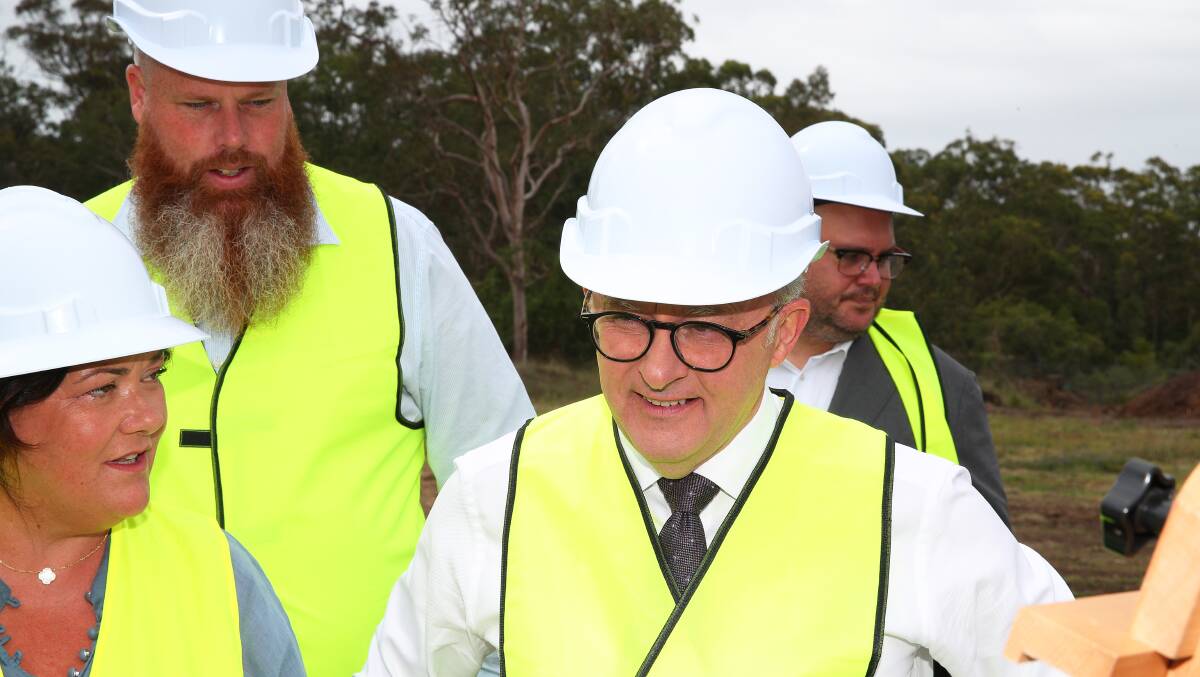WHAT is the point of government? It is a question so basic as to be either stupid or radical.
Yet it is one that just might just be forming in the minds of restive voters.
Since neo-liberalism captured our political class in the 1980s and '90s, the role of government has been framed largely through exclusion - i.e. by what they have no business doing.
This "economic rationalism" was all very pure and brave when it began, back when Australians were as yet unfazed by global warming, believed trolls resided under bridges, and thought "trump" was a dull verb and musk, just an unpleasant smell.
In thrall to dry-as-dust economists, consultants and bankers, governments surrendered functions they claimed could only responsibly be run as profit-making businesses - a bank, an airline or two, a telco. In the states, it was power utilities, public transport, prisons, you name it.
Thus, we have today's paradox where politicians invade our space more than at any time in our history, but have less real power and fewer useful things to say.
This administrative atrophy has proceeded on two tracks.
As governments withdrew from active involvement in the economy, the globalisation of commerce and information further eroded domestic capacity. Things stopped being made in Australia.
Then, problems beyond the scope of national governments to resolve also multiplied: climate calamity, multinational tax avoidance, transnational crime, recalcitrant antisocial media platforms, and technologically enabled state and non-state aggressors.
Is it any surprise that governments have struggled to remain convincing having ceded so much to markets? Also unsurprising is that voters are beginning to look past the architects of this great hollowing out, for something more than rhetoric.
After decades of unquestioned flow, globalisation is suddenly ebbing.

The young are at the forefront. While more attend university, obtaining a degree is not the ticket to home-ownership and prosperity it was. Quite the opposite.
Saddled with large student debts, raising a house deposit is a pipedream for most. Three million mostly younger Australians owe between them, some $74 billion and many of these loan balances have increased in the last couple of years due to inflation indexation. And they're about to jump sharply again.
The three-way interplay between a psychologically paralysing debt, the helplessness of soaring rents, and the sheer unattainability of home ownership has been spectacularly under-appreciated by governments of both stripes. This is a grave dereliction of both policy and politics.
Inevitably, life in a casualised labour force induces a sense of permanent temporariness and with it, a detached, antagonistic relationship with society.
Market-distorting subsidies flowing to the generations above them - capital gains tax concessions, negative gearing, superannuation tax breaks and completely untaxed share dividends - are not merely hypocritical, but plainly self-serving. To the young, they present an unscalable wall.
For these economically marginalised an obvious question arises - if I can't buy into the economy, why buy into the politics? Who could blame them?
Take renters. They have been denied political validation because the major parties refuse to make homes more affordable. Why? Because increased affordability means lower prices whereas set appreciation - essentially sky-rocketing property values - has become the main wealth generator for those already in the market.
Finally, these pressures are forcing new possibilities to the fore. The Greens party has explicitly called out an exclusionary public discourse that leave renters out in the cold.
Between this and climate change, Labor is already feeling the pain in its inner-urban electorates, which is why more action will be required, beginning in the upcoming budget.
The government found an extra $2 billion for the states to build and refurbish social and affordable housing last year and also created a $10 billion investment vehicle called the Housing Australia Future Fund.
Then earlier this month, Anthony Albanese unveiled Labor's own pivot away from neo-liberalism with his Future Made in Australia plan to directly drive the clean energy transition and the strengthening of domestic manufacturing and supply chains.
"We need sharper elbows when it comes to marking out our national interest and we need to be willing to break with old orthodoxies and pull new levers to advance the national interest," said Albanese in Brisbane - where the Greens made their biggest gains in 2022.
Suddenly, the case for changing from economic rationalism to economic nationalism, is everywhere.
In its annual Rental Affordability Snapshot, Anglicare Australia examined 45,115 rental listings nationally revealing that just 289 rentals (0.6 per cent) were affordable for a full-time minimum wage earner.
Calling it "Australia's new normal," Anglicare's executive director Kasy Chambers said it was time the federal government switched from incentivising private rental construction to directly building affordable housing at a scale proportional to need.
READ MORE:
Other ideas are also coming forward. Professor Chris Wallace at the University of Canberra has proposed a scheme modelled on the COVID-era JobKeeper subsidy but directed at low-income households struggling to pay the mortgage.
Wallace says through "homekeeper" government could take a small equity stake by subsidising loan repayments (up to say $25,000) during the current cost-of-living crisis thus preventing financially precarious purchasers from defaulting and joining long rental queues. Or living in cars.
With governments in Europe, North America and North Asia now using their legislative power and the government balance sheet to "re-industrialise" (bringing jobs and industrial capacity back on-shore) unfashionable arguments for active and engaged government are growing.
- Mark Kenny is The Canberra Times' political analyst and a professor at the ANU's Australian Studies Institute. He hosts the Democracy Sausage podcast. He writes a column every Sunday.


